Education Minister Jason Clare has explained to his colleagues exactly how his proposed new education body would steward the tertiary education sector.
Please login below to view content or subscribe now.
Membership Login
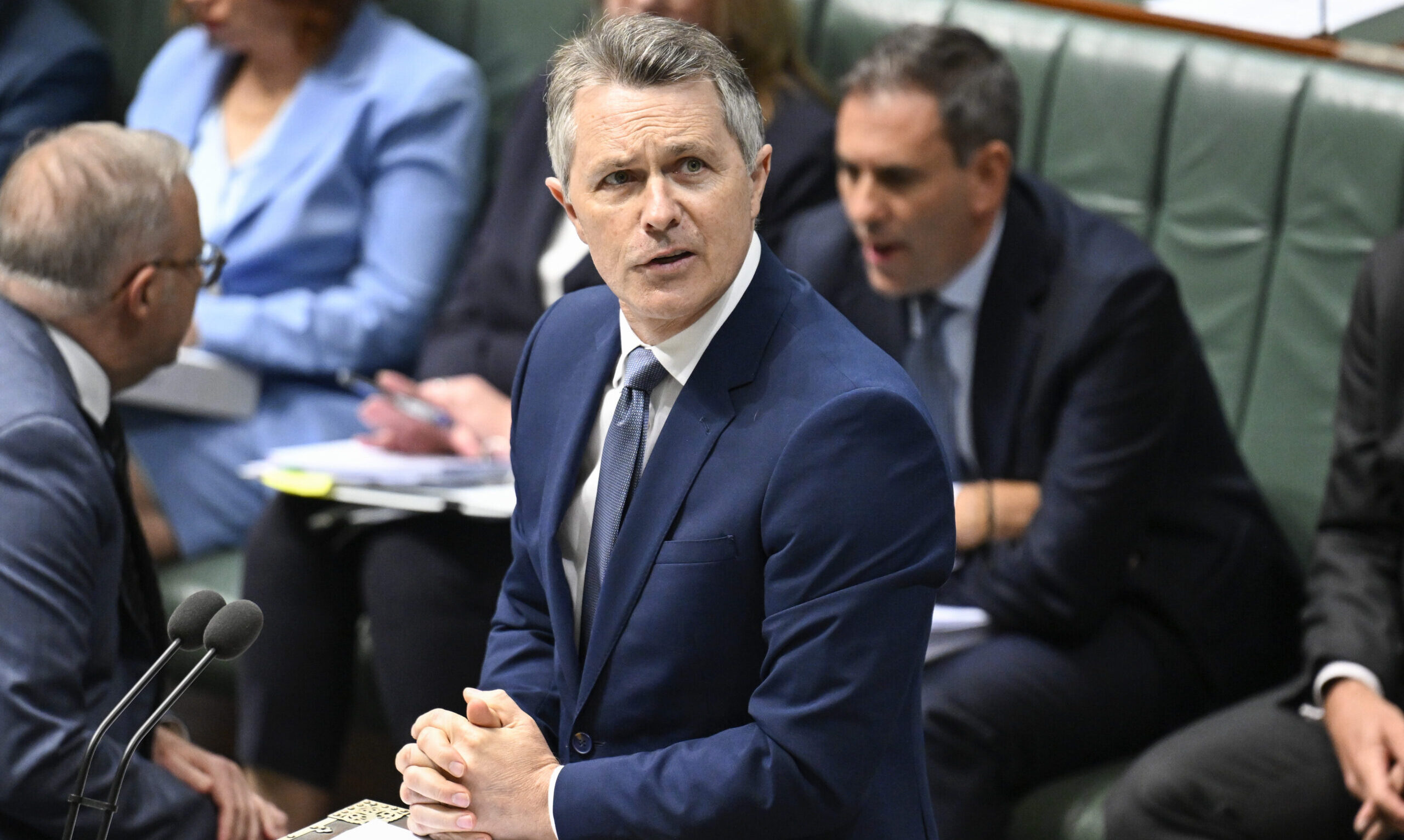
Education Minister Jason Clare has explained to his colleagues exactly how his proposed new education body would steward the tertiary education sector.
Please login below to view content or subscribe now.
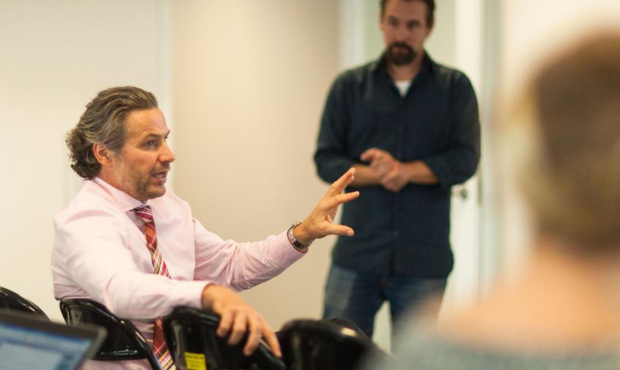
The head of consultant firm Nous Group told a federal inquiry into university governance that most institutions have hired his firm, spending just under $40 million total.
Please login below to view content or subscribe now.
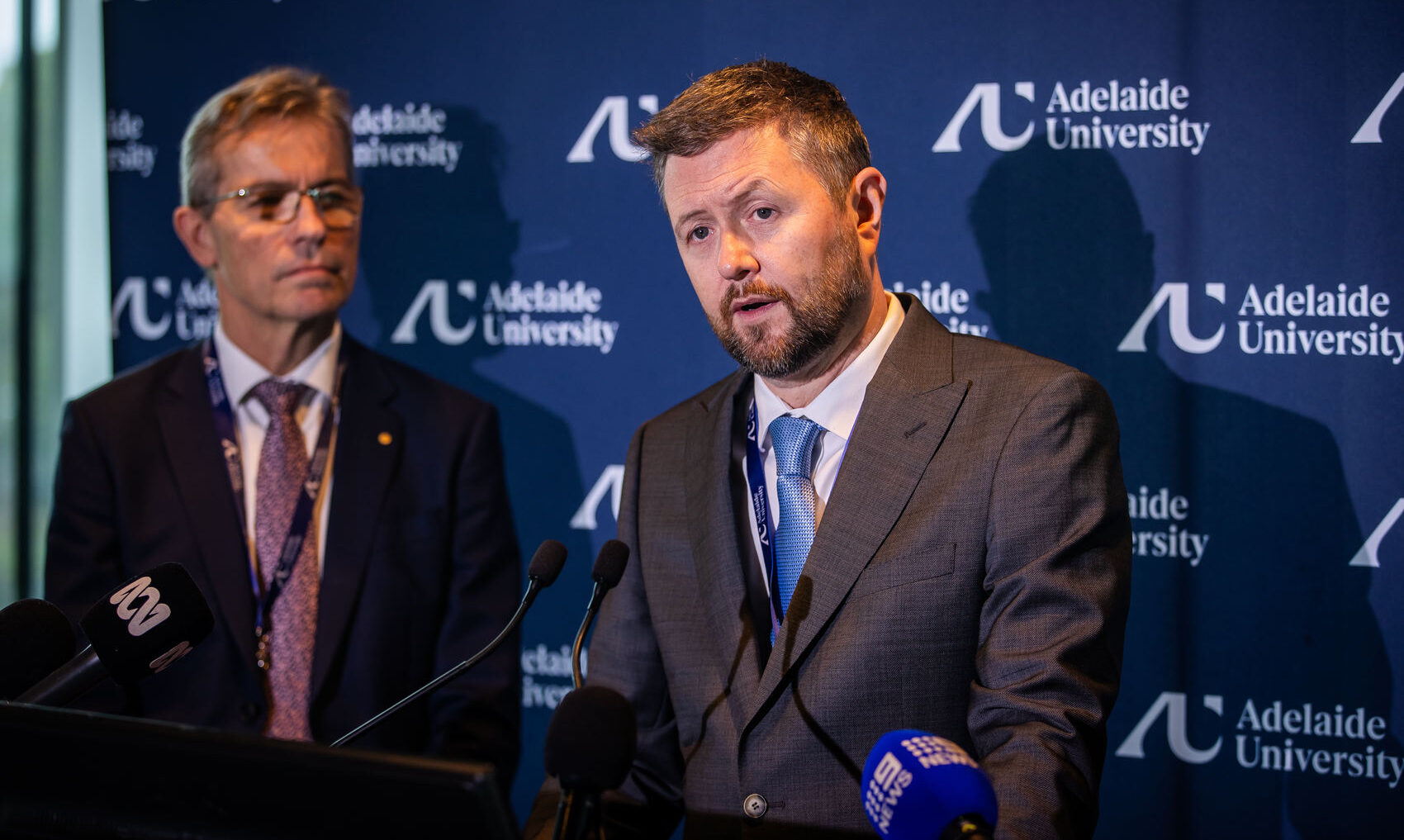
The leaders of the merged Adelaide University told senators compliance costs are taking away from spending on research and students at a federal governance inquiry on Monday.
Please login below to view content or subscribe now.
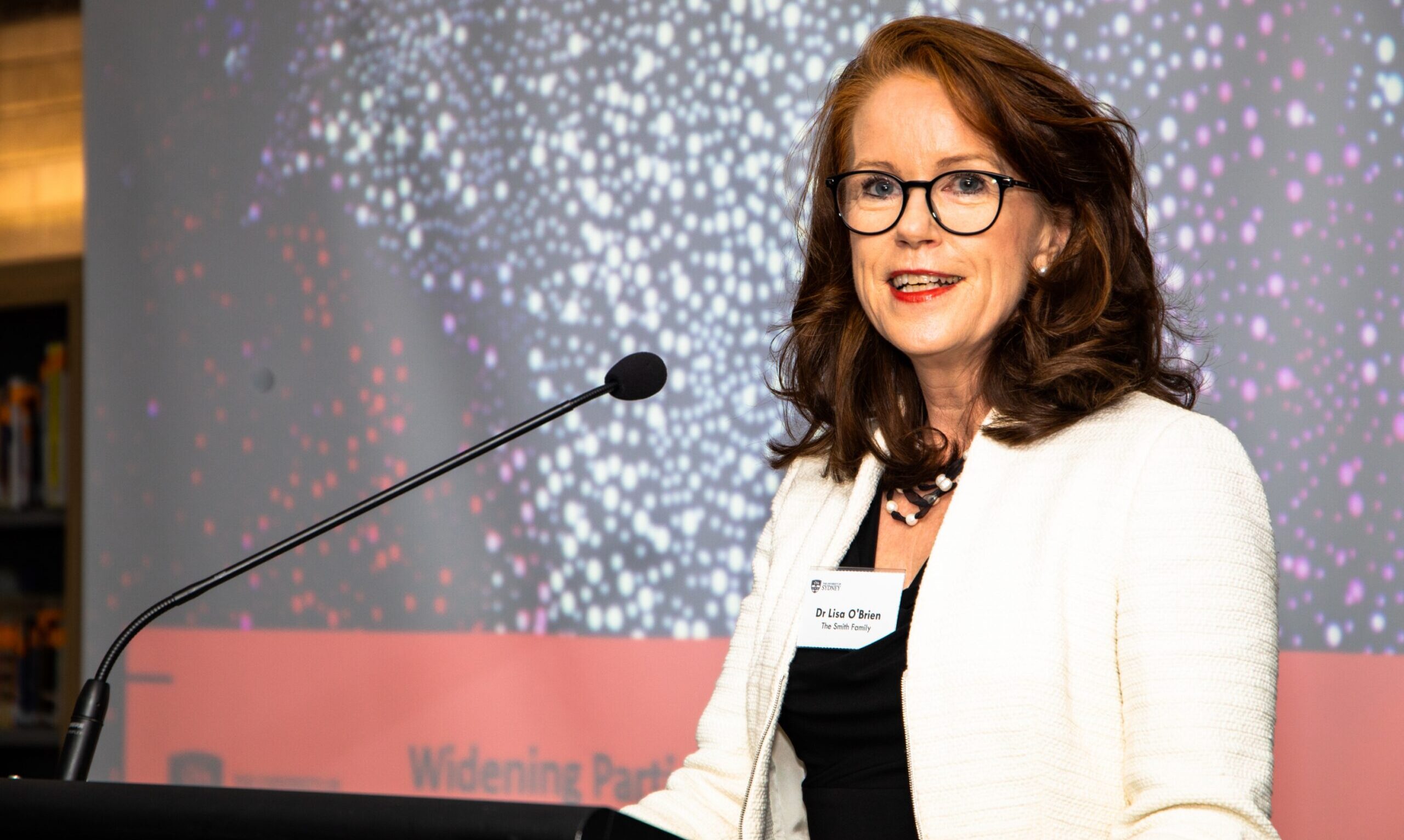
Academics and businesspeople have given evidence to a NSW inquiry into university governance about the role appointed council members play in the management of institutions.
Please login below to view content or subscribe now.
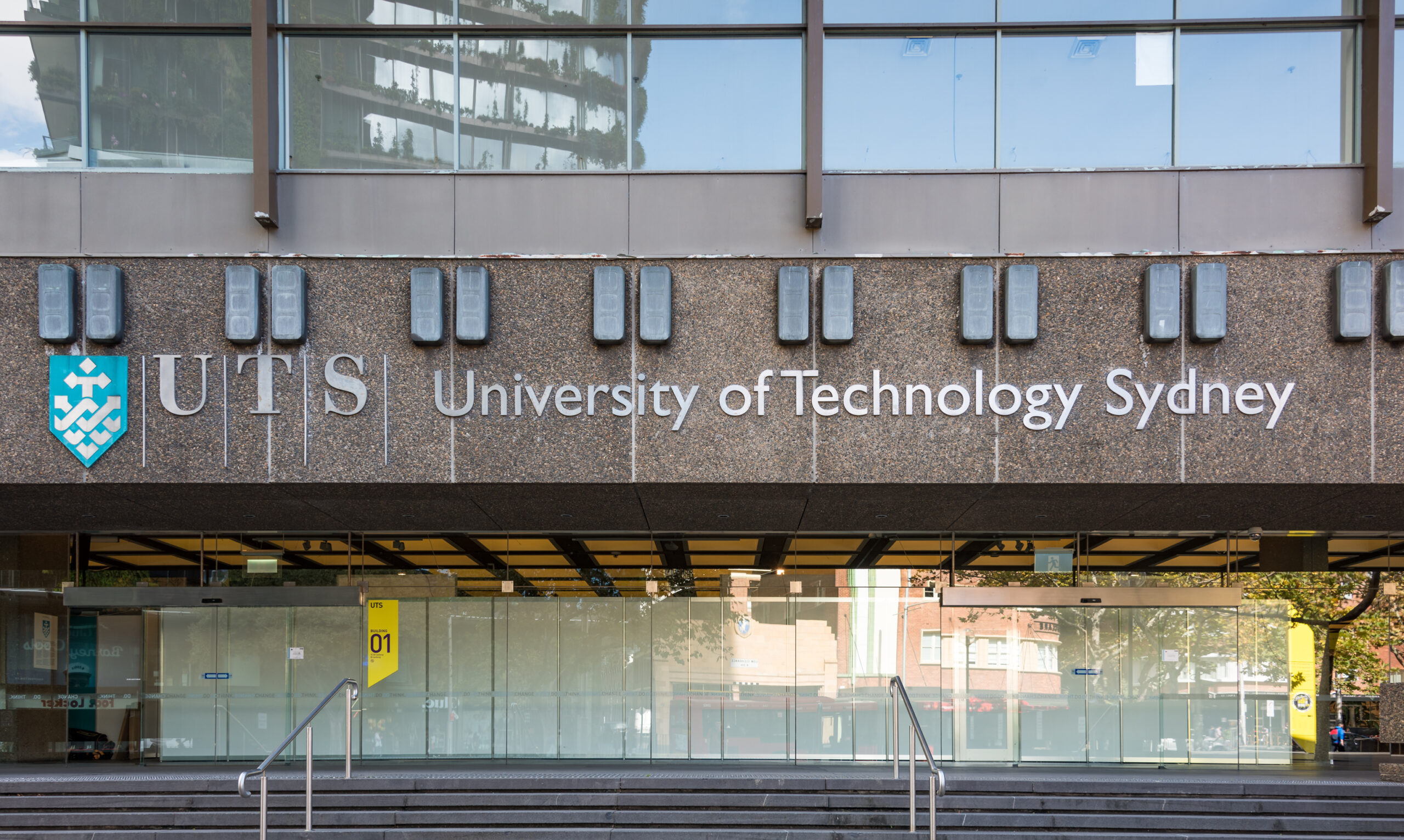
Submissions to the NSW government’s inquiry into university governance have flagged issues with a lack of transparency throughout restructures at the state’s institutions.
Please login below to view content or subscribe now.
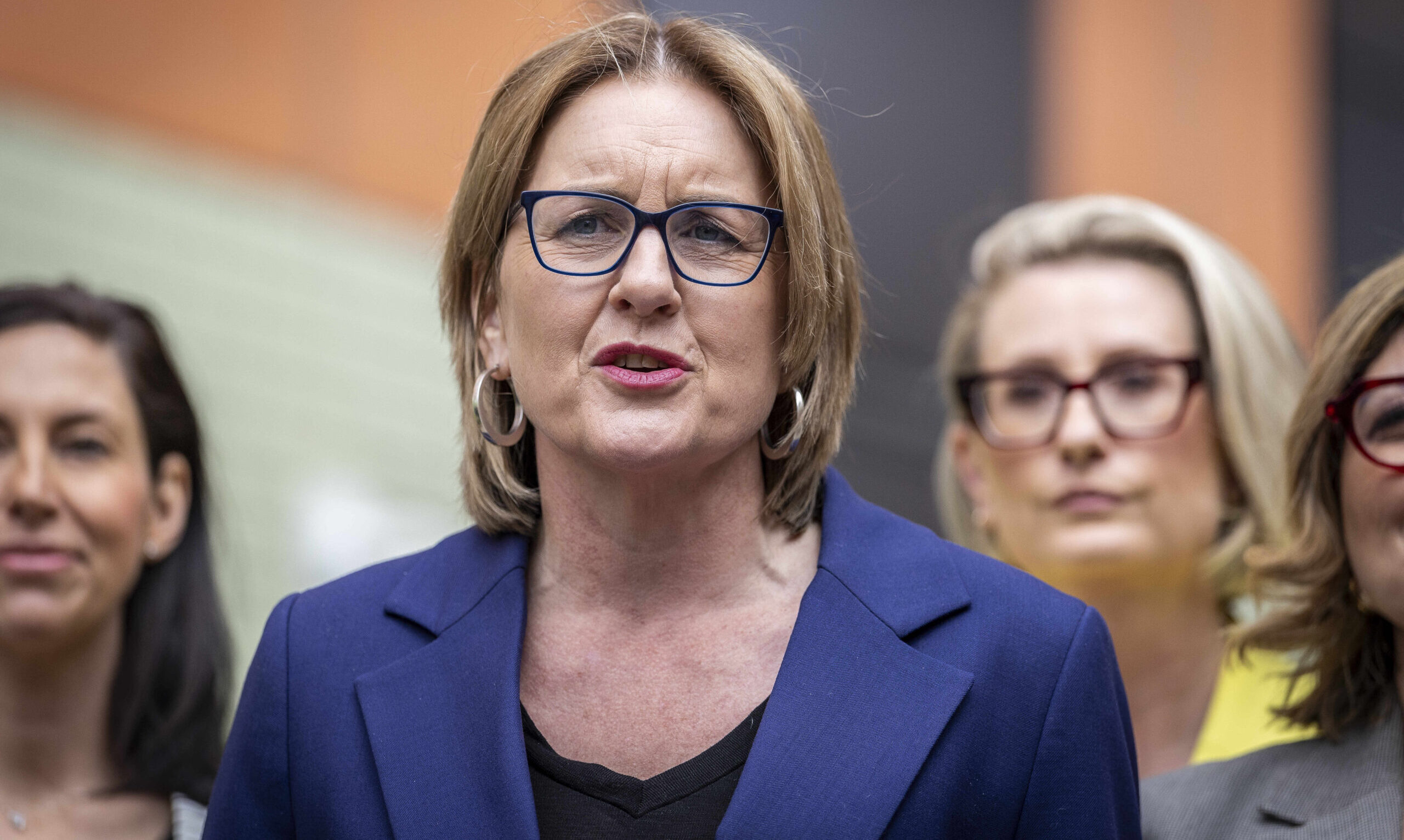
Universities will face even more scrutiny in the coming months after a third government announced it will probe the governance and management of public higher education institutions.
Please login below to view content or subscribe now.
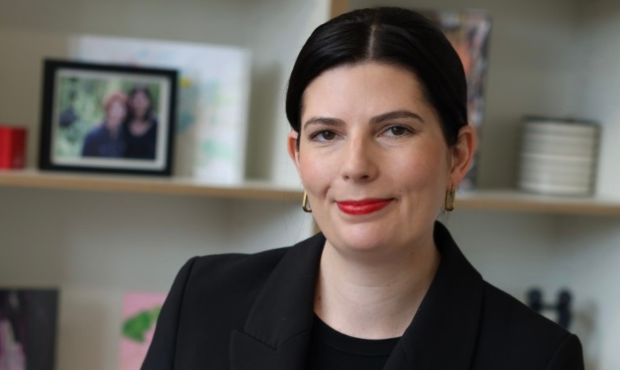
A senate inquiry has recommended Australian universities cap remuneration for vice-chancellors and senior executives, finding they are rewarded too generously compared to other staff and international peers.
Please login below to view content or subscribe now.
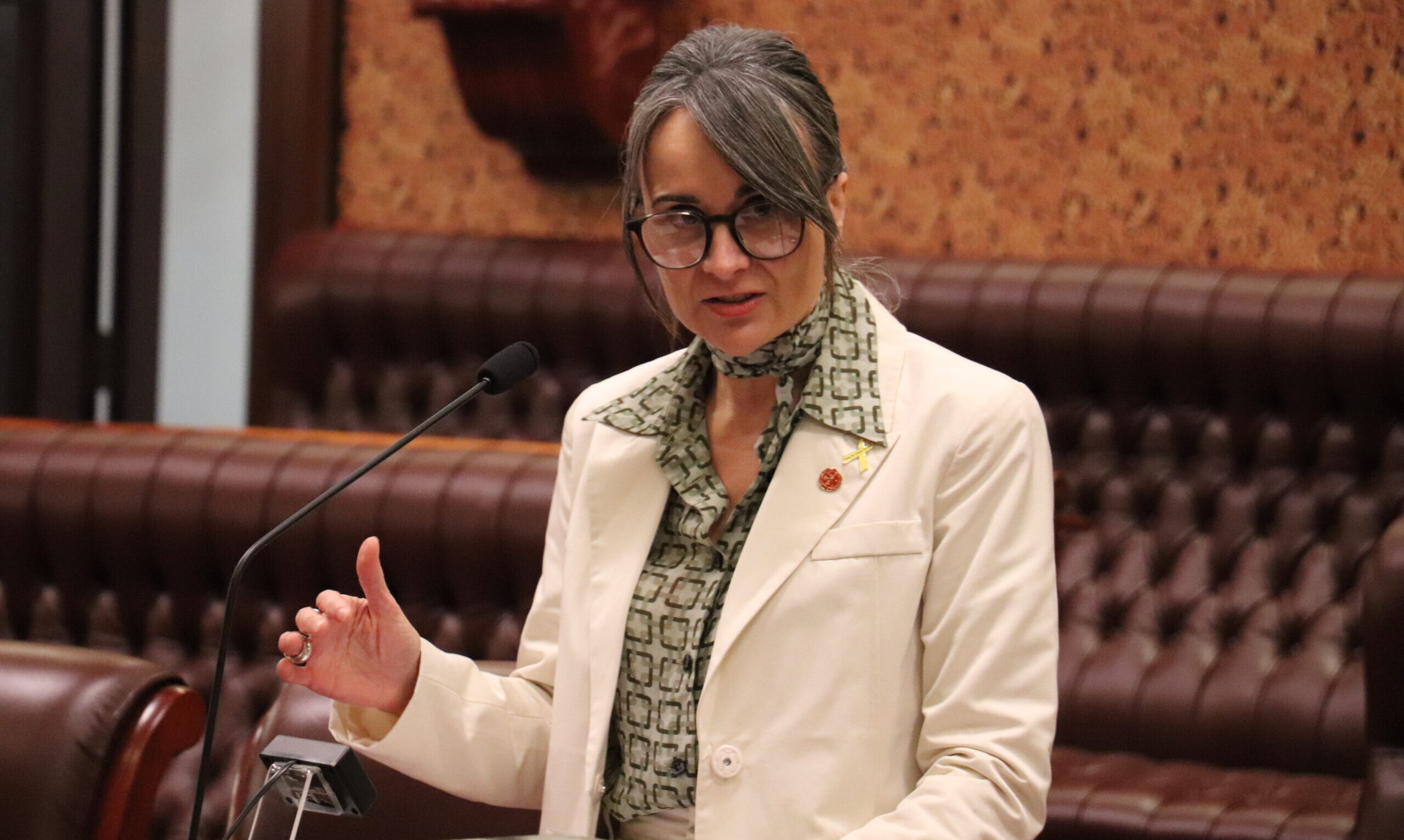
The NSW Upper House on Monday referred a Parliamentary inquiry into its universities to investigate and report on the “crisis” in the sector.
Please login below to view content or subscribe now.
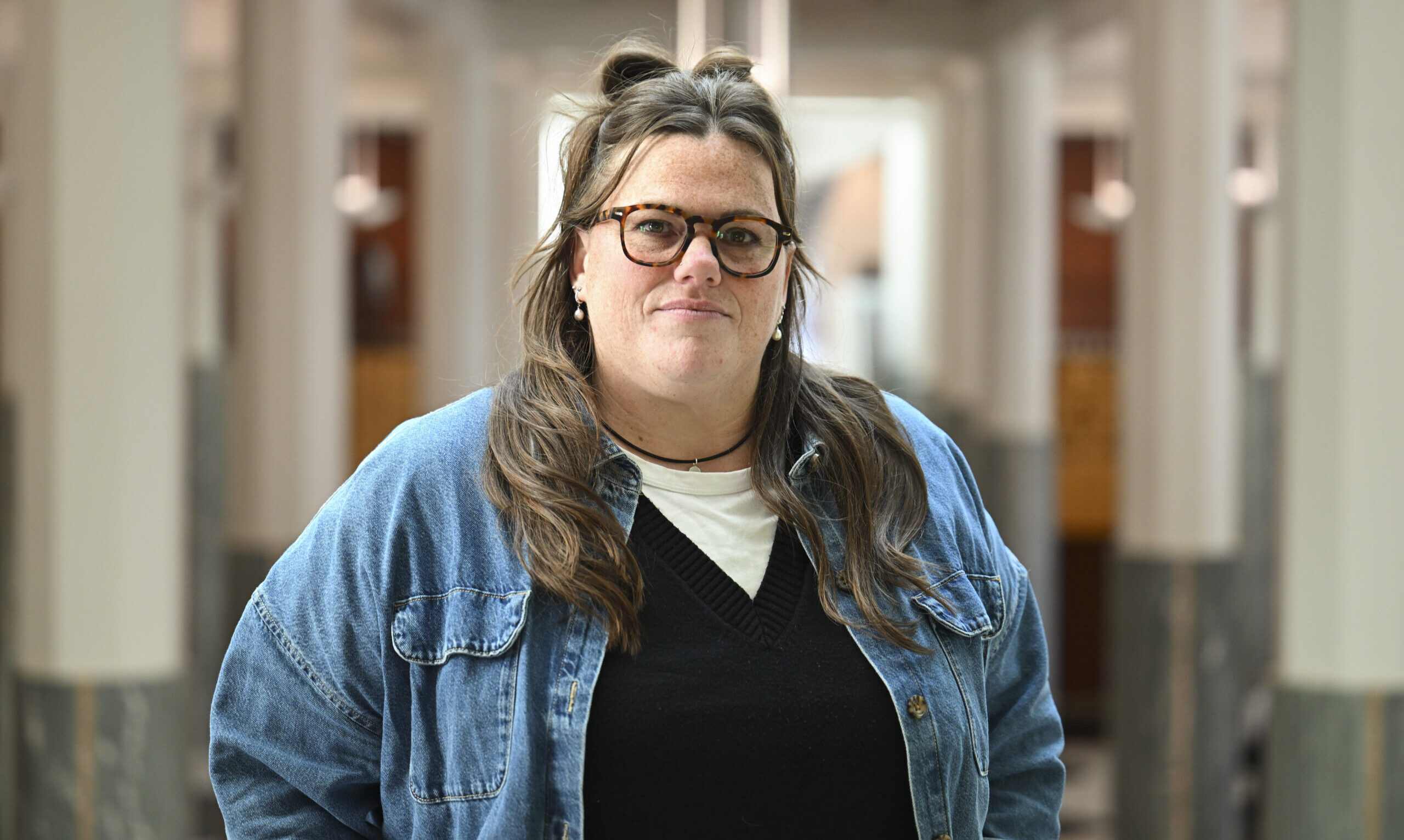
This article contains information related to suicide some may find distressing.
Please login below to view content or subscribe now.

Twenty-five years on from Blair’s target for 50 per cent of young people to go to higher education, the Labour Party set out a new ambition to “break down barriers to opportunity.”
The opportunity mission articulates a multi-generational challenge: to make sure that children and young people can get on, no matter what their background; to change Britain so that a child’s future earnings are no longer limited by those of their parents; and to make Britain one of the fairest countries in the OECD. It is a fundamentally important challenge, and one that will be years in the undertaking.
Widening participation in higher education plays a huge part in this mission, and it is for that reason that the UPP Foundation has announced a major new inquiry into the future of widening participation and student success. We have launched this inquiry by publishing a short “state of the nation” summary of the key issues in 2025. Because while success in the opportunity mission would transform the shape of British society, Labour is all too aware of the differences between the optimism of Blair’s famous 50 per cent pledge and the markedly different political and economic circumstances Keir Starmer’s government finds itself in now.
Universities and schools face significant headwinds when it comes to dismantling the gaps students face when looking to get in and get on. The HE sector is facing well-publicised and unprecedented financial challenges, with the recent rise in fees doing nothing to alleviate pressure amid rising costs. With institutions contemplating restructuring moves and the government no closer to outlining a solution for widespread mounting deficits amid heavy fiscal weather, it is hard to see universities or the government finding much bandwidth for widening participation in the near future.
There is also no equivalent target or metric that captures the challenge in quite the same way as Blair’s. This is understandable. Part of the reason no similar metric presents itself is because widening participation is now seen as multidimensional: not just focused on access to university, but also continuation rates, graduate outcomes, and less easily quantifiable measures of success, such as student belonging and participation in the immersive elements of the student experience.
With the number of commuter students rising to reflect different learning patterns and pathways in a diverse student population, student living arrangements are also a major part of this puzzle. As the Secretary of State alluded to prior to the general election in an address to Universities UK, modern widening participation must reach out to more of those coming from nontraditional backgrounds, and those pursuing non-linear pathways through higher education.
A wider view of widening participation means we need a more nuanced understanding of how access to university varies along socioeconomic, geographical and other demographic lines. As today’s report outlines, the difference in progression rates to higher education between students eligible for free school meals and their peers has widened to 20.8 per cent – the highest on record. Young people in London are significantly more likely to progress to higher education than their counterparts in the North East. The continuation gap between students from the most and least advantaged backgrounds now sits at 9.4 percentage points, having increased from 7.5 in 2016–17. As one of many charities operating in this space, we come face-to-face with the scale and scope of this disadvantage gap time and again. Equality of opportunity is still some way off.
As well as this, some are schools struggling to do as much as others to support access to HE. Polling in our new report finds that 75 per cent of teachers in London expect at least half of their class to progress to higher education, compared to just 45 per cent in the North West and Yorkshire and the North East. Similarly, 75 per cent of teachers in Ofsted Outstanding schools thought that more than half their class would progress to HE, compared to just 35 per cent in schools rated as Requires Improvement or Inadequate.
Although the Secretary of State said in a letter to heads of institution in November 2024 that expanding access and improving outcomes for disadvantaged students was her top reform priority in HE, the long list of challenges facing this government poses the risk that widening participation becomes a footnote to the geopolitical crisis.
Despite the difficult environment facing both universities and the government, we think this agenda is too important to be put on the back burner. We hope our inquiry will help to establish new collective goals for widening participation and student success for the years ahead.
The current moment provides a significant opportunity to interrogate the ways in which access and participation, student finance, student experience on campus, careers guidance, and student belonging intersect. It is in the context of this opportunity that the UPP Foundation, supported by Public First, is launching this inquiry, which aims to establish a new mission for widening participation.
Following the introductory paper, we will publish two investigations, the first focusing on the persistent widening participation problems latent in “cold spot” areas of England, and the second exploring how the university experience differs based on students’ living arrangements and economic backgrounds, with poorer students often receiving a secondary experience that contributes to lower continuation and completion rates. Cumulatively, they will shed light on what meaningful widening participation really looks like to those who need it most, and what levers can be pulled to realise this vision.
This inquiry comes at a crucial moment. We want to help the sector, the Office for Students and the government by setting out a series of evidence-based goals, recommendations and policies which could help make the broader vision a reality, while recognising “the art of the possible” in an era of fiscal restraint. Through these recommendations we hope to see the rhetoric of the opportunity mission and the Secretary of State start to become reality.